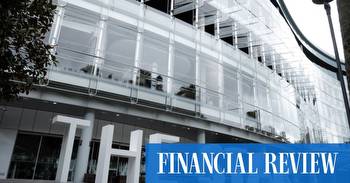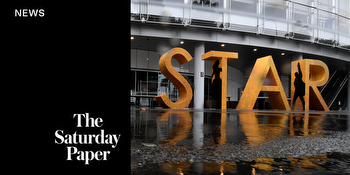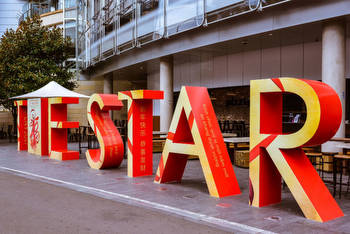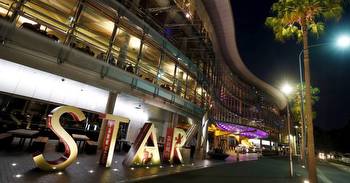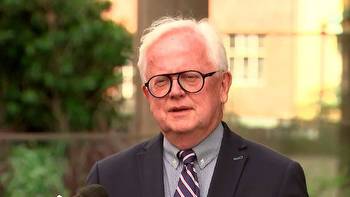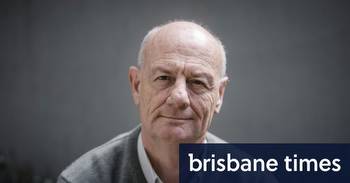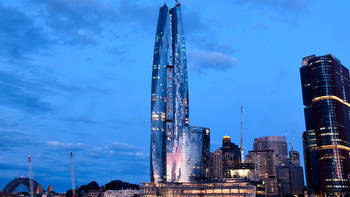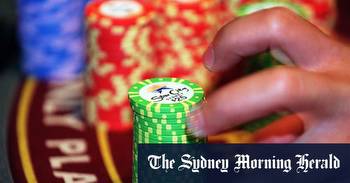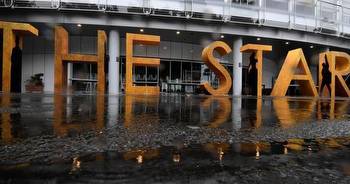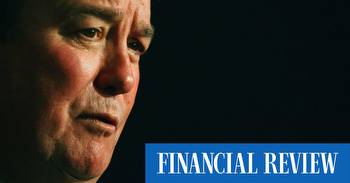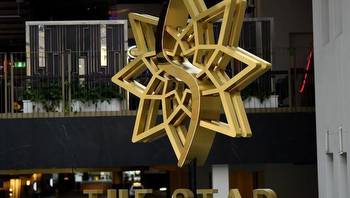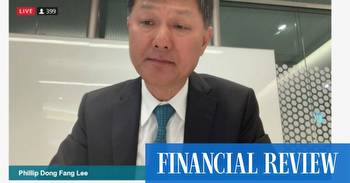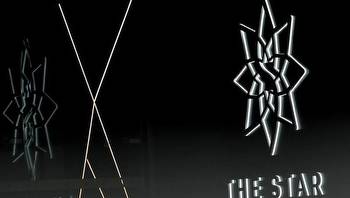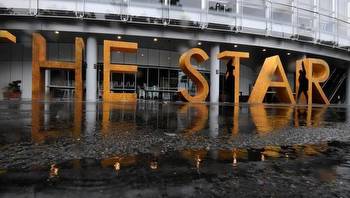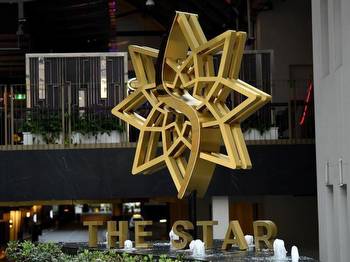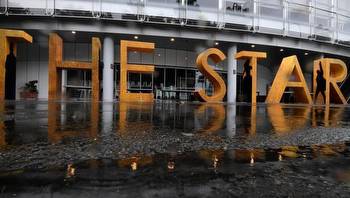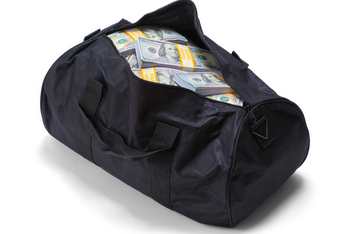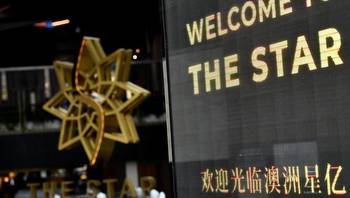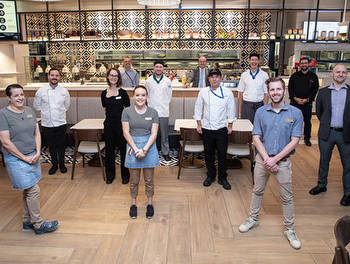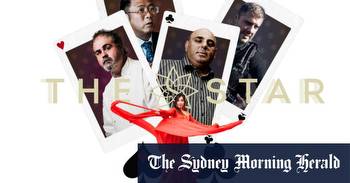Ex Star CEO admits casino 'shortcomings'
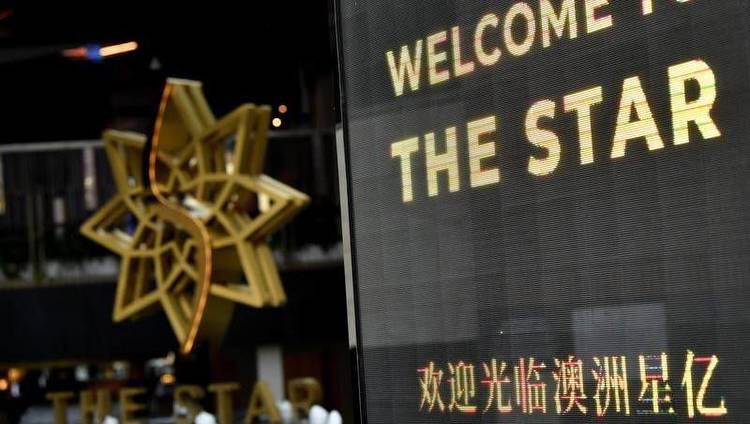
Former Star Entertainment chief executive Matt Bekier has admitted to feeling let down by senior management at its Sydney casino, attributing failures in its international VIP business on a "subculture" at the venue.
The NSW gaming regulator inquiry is probing the fitness of Star to hold a Sydney casino licence and has so far prompted the resignation of Mr Bekier, who sensationally stood down in March in the wake of damning testimony.
Mr Bekier took the stand on Monday afternoon, conceding there were "shortcomings" within The Star's international arm, particularly its China Union Pay debit card scheme, assessment of junket operators, and problems in its exclusive gaming room Salon 95.
There has been evidence that the venue used CUP cards to disguise the purchase of gaming chips as hotel accommodation in breach of rules, while in Salon 95, used by notorious Macau-based junket operator Suncity, an illegal cage operated.
"If the board of directors had known about any of these things they would have supported me in shutting down that business a long time ago," Mr Bekier said.
Asked about the board's knowledge of processes at the casino Mr Bekier said: "I didnt think the business was out of control, and if I didn't see those problems I'm not sure the board could have seen them".
"What responsibility do you accept for this problematic culture that emerged at The Star?" counsel assisting Naomi Sharp SC asked the witness.
"I've taken accountability, I've resigned Ms Sharp ... I picked the people established the processes and structures and policies," Mr Bekier replied.
The inquiry was told Mr Bekier felt let down by senior managers at the casino including lawyer Oliver White, chief NSW casino officer Greg Hawkins and chief financial officer Harry Theodore, and that he relied on people with a lot of experience "to do what they do".
"It seemed like a bit of a dark art, we didn't challenge them, I didn't challenge them," Mr Bekier told the inquiry.
Pressed on what he meant by the "dark art", Mr Bekier pointed to acquiring customers and flying them long range to Star casinos, entertaining them, and settling and collecting money, saying it was "very different" to the rest of Star.
The VIP side of the business was too guided by the practices of others, did not meet standards of other parts of the company, and information did not flow the way it should have "up to the top", he said.
On what was needed to fix Star's problems, Mr Bekier urged a full revamp under "fresh leadership" by someone "unshackled by historical traditions" at the ASX-listed gaming operator.
Taken to a KPMG report from 2018 that showed "fundamental deficiencies" in the casino's management of anti-money laundering and counter-terrorism financing risks, Mr Bekier said it came as a "big surprise".
"Were you concerned that this report of KPMG warranted consideration for disclosure to the ASX in accordance with Star Entertainment's continuous disclosure obligations?" Ms Sharp asked.
"I don't think that I thought that this was something that had to be disclosed," Mr Bekier replied.
Quizzed over the casino's anti-money laundering program under his watch, the former gambling giant boss said "we performed appropriately".
The royal commission-style inquiry was prompted by reports of Star enabling suspected money laundering, organised crime, fraud and foreign interference.
The inquiry continues on Tuesday before Adam Bell SC.








